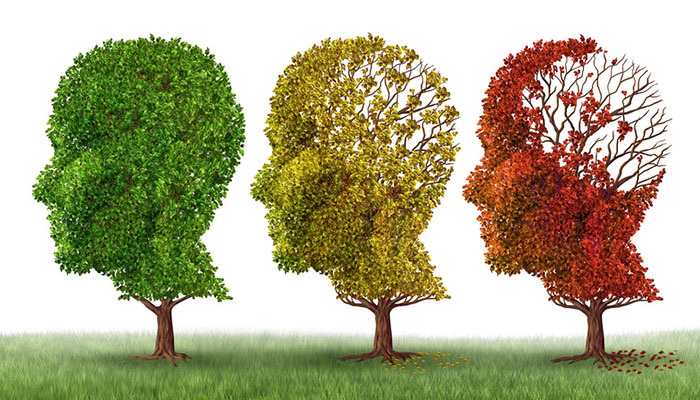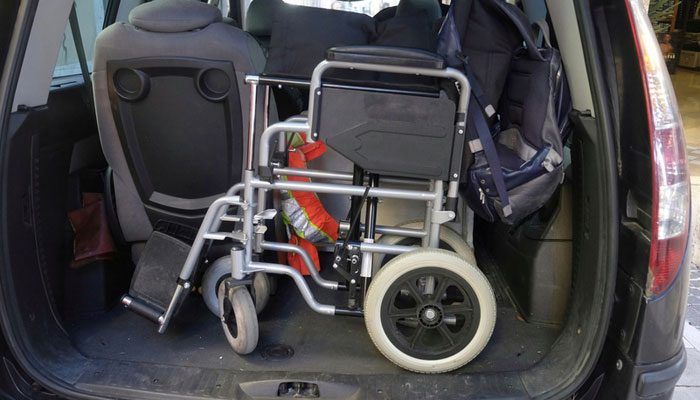
Staying in touch with friends and relatives does a world of good for older adults. This is especially true for those who live alone. The ability to easily reach out is important for well-being. And it can make a life or death difference in emergencies. Limitations of aging, however, can make standard telephones difficult to…










